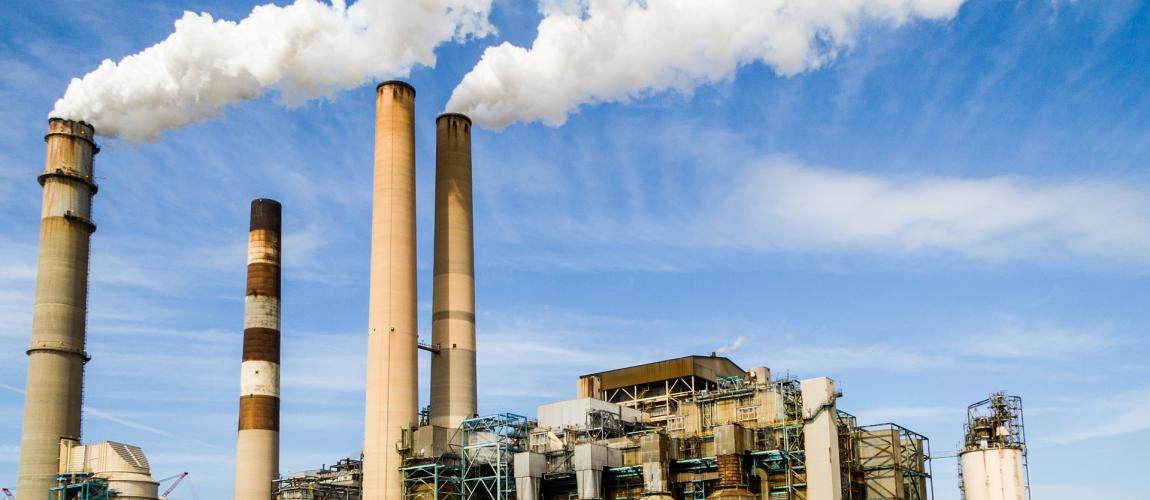Energy Agreements

Photo Credit: Image by Peter H from Pixabay
A public-private partnership for an energy project requires a number of agreements to set out the relationships between the different stakeholders. For a full description of the main relationships in PPPs more generally, please, see Concessions, Build-Operate-Transfer, Design-Build-Operate. This section explores the agreements specific to an energy project. Power Purchase Agreements ("PPAs") and Energy Purchase Agreements (“EPAs”) – the primary contract in an energy project is the PPA (or EPA), between an offtaker (typically a public or quasi-public utility) and the project company. This provides the main revenue stream which underwrites the project. This can either be a stand-alone document or form part of a wider contractual matrix between the private project proponent and the host government. Implementation Agreements – the PPA is sometimes supplemented by an overarching implementation agreement entered into directly between the host government and the project proponent. This would often contain a number of direct undertakings and guarantees from the government, as well as undertakings from the project proponent. The agreement often plays an important role in de-risking a project (particularly from host country political and regulatory risks) sufficiently to attract private investment. Grid Connection / Power Pooling Arrangements – depending on the structure of the PPP and the structure of the power sector in a country, the project company may enter into a separate connection agreement with the operator / owner of the transmission network (typically, also a public or quasi-public entity). Fuel Supply/ Bulk Supply Agreements – this is primarily relevant to thermal generation projects (e.g. coal-fired or gas-fired power plants). Depending on the structure of the market and regulatory framework in the host country, this agreement may either be with a public entity (e.g. a monopoly gas supplier) or a private supplier. If the agreement is with a public or quasi-public entity, it may form part of the overall contractual framework under the Implementation Agreement. Land Lease Agreements – depending on structure of the PPP and the overall regulatory environment, land tenure for a project may be covered under a separate land lease agreement. In jurisdictions with a more deregulated power sector, a number of these project agreements may be with private parties rather than government entities (which require different risk allocation frameworks). See also:
Related Content
Energy and Power PPPs
Type of ResourceEnergy Laws and Regulations
Type of ResourceEnergy Licenses and Licensing Procedures
Type of ResourceRural Electrification Funds: Sample Operational Documents and Resources
Type of ResourceClimate-Smart PPPs
Type of ResourceTheft / Non-Technical Losses (Water and Electricity)
Type of ResourceEnergy & Power PPP Toolkits
Type of ResourceGender & Energy Projects
Type of ResourceFurther Reading on Energy and Power PPPs
Type of Resource
Additional Resources
Concessions Build-Operate-Transfer (BOT) and Design-Build-Operate (DBO) Projects
Type of ResourceManagement/Operation and Maintenance Contracts
Type of ResourceContract Plans / Performance Contracts
Type of ResourceStandardized Agreements, Bidding Documents and Guidance Manuals
Type of Resource